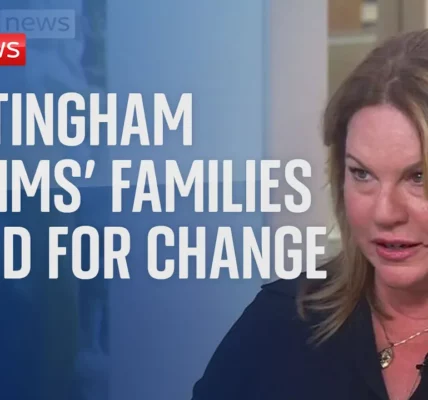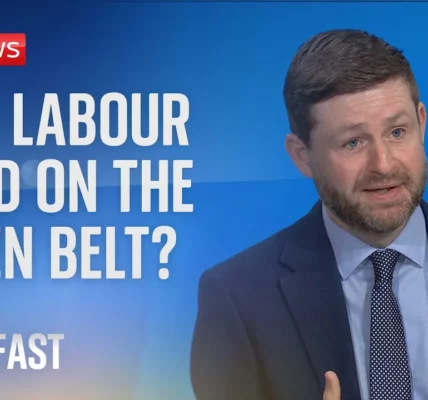Tuesday’s Electoral Dysfunction: Campaign Insights and Analysis

Welcome to this in-depth exploration of the current political climate in the UK as we analyze the ongoing electoral dysfunction. With the campaign season in full swing, we dissect the latest happenings, campaign strategies, and voter sentiments shaping this pivotal moment in politics.
Introduction to Electoral Dysfunction
The term “electoral dysfunction” encapsulates the complexities and challenges faced within the electoral process, particularly during campaign seasons. Recent events have highlighted various factors impacting voter engagement and party dynamics. This article delves into the nuances of the current campaign landscape, exploring the implications of voter apathy, party strategies, and the overall atmosphere as elections approach.
Current Political Landscape
The political landscape in the UK is marked by significant shifts and voter sentiments that reflect broader societal concerns. The rise of voter apathy and disillusionment with traditional party politics has become a central theme in the ongoing campaign.
Voter Apathy and Disillusionment
Recent canvassing activities have revealed a concerning trend: many voters express feelings of disillusionment with the political system. Key points include:
- Many voters stating they may not participate in the upcoming elections.
- A sentiment of frustration with the lack of genuine options, leading to potential ballot spoiling.
- Overarching concerns regarding the effectiveness of elected officials to enact real change.
Party Responses to Voter Sentiments
Political parties are attempting to address these sentiments in various ways:
- Labour Party: Focused on presenting a clear vision for change, albeit with cautious optimism.
- Conservative Party: Struggling to regain voter confidence amid internal challenges and leadership questions.
- SNP: Maintaining a strong presence in Scotland while navigating independence discussions.
Campaign Strategies and Tactics
Campaign strategies play a crucial role in shaping electoral outcomes. This section examines the tactics employed by major political parties during the current campaign.
Labour’s Approach
The Labour Party has adopted a strategy centered around presenting themselves as a viable alternative to the current government. Key focal points include:
- Emphasizing the need for change without overpromising unrealistic outcomes.
- Addressing economic concerns while maintaining a cautious tone to avoid alienating swing voters.
- Engaging directly with constituents through door-knocking and local events to rebuild trust.
Conservative Tactics
The Conservative Party faces unique challenges, and their strategies reflect this reality:
- Attempting to counter Labour’s lead by focusing on tax concerns and fiscal responsibility.
- Highlighting potential risks of a Labour government, including fears of a “super majority.”
- Struggling with internal party dynamics and public perception, which complicates their messaging.
Regional Dynamics and Specific Cases
Different regions in the UK present unique political challenges and opportunities, particularly in Scotland.
Scotland’s Political Climate
The Scottish political landscape has evolved significantly, with the SNP continuing to hold sway. Recent observations include:
- A resurgence of interest in Labour as an alternative to the SNP, particularly among disillusioned voters.
- Independence remains a topic of discussion, but it is now further down the list of voter priorities.
- The SNP’s upcoming manifesto launch will be critical in setting their agenda moving forward.
Conclusion and Call to Action
As we navigate the complexities of electoral dysfunction, it is clear that the coming weeks will be pivotal for all political parties involved. Voter engagement, party strategies, and regional dynamics will continue to shape the narrative as the election approaches. It is essential for voters to remain informed and proactive in participating in the electoral process.
Stay engaged—follow our updates, participate in discussions, and make your voice heard in the upcoming elections. Your vote is your power!
“`




